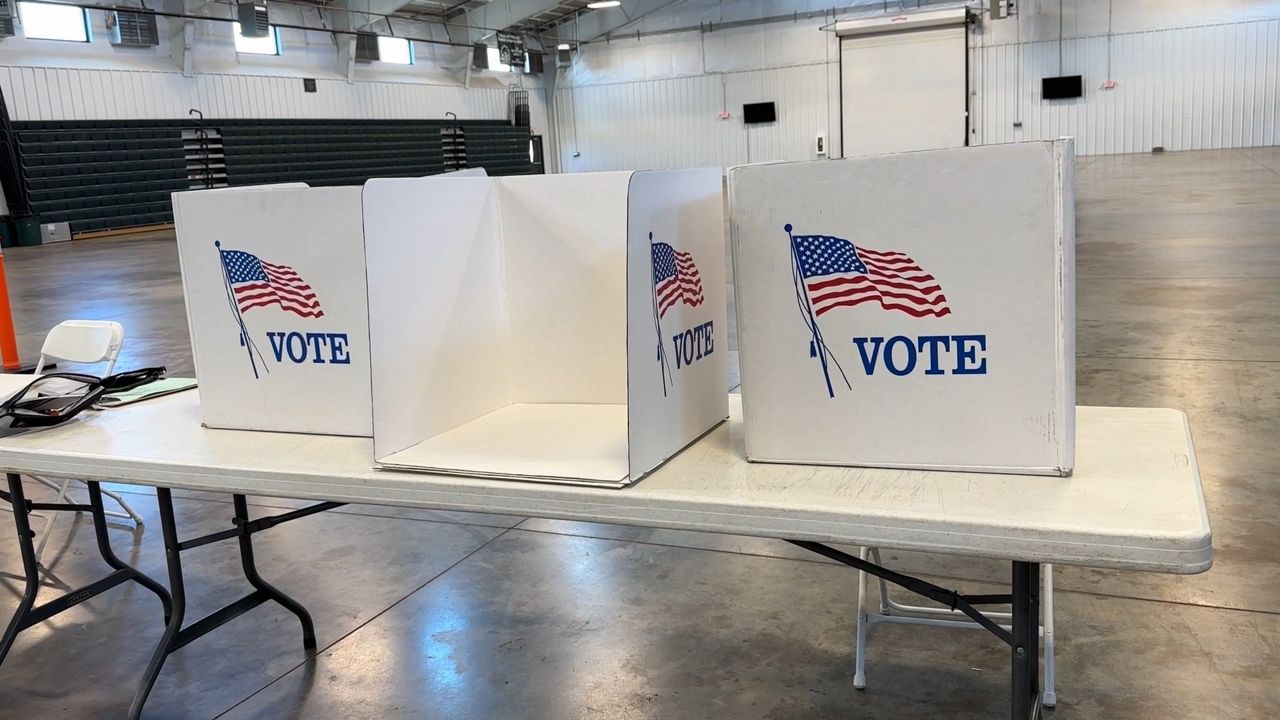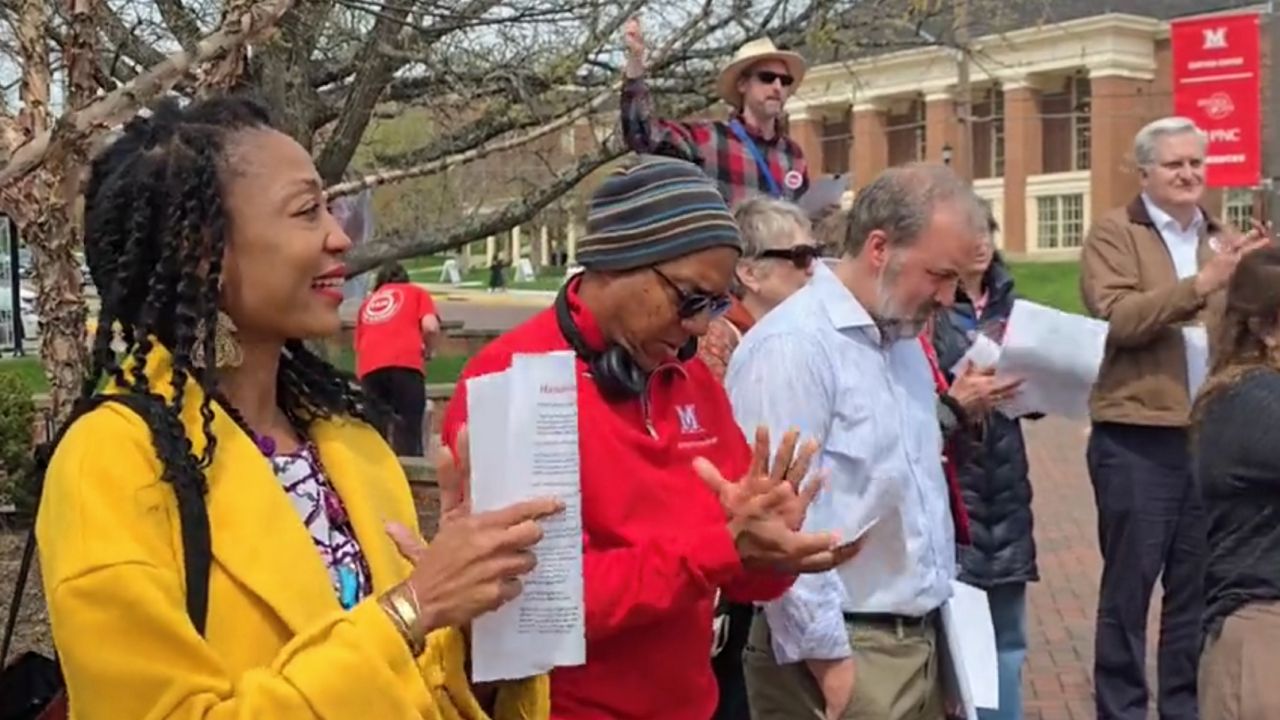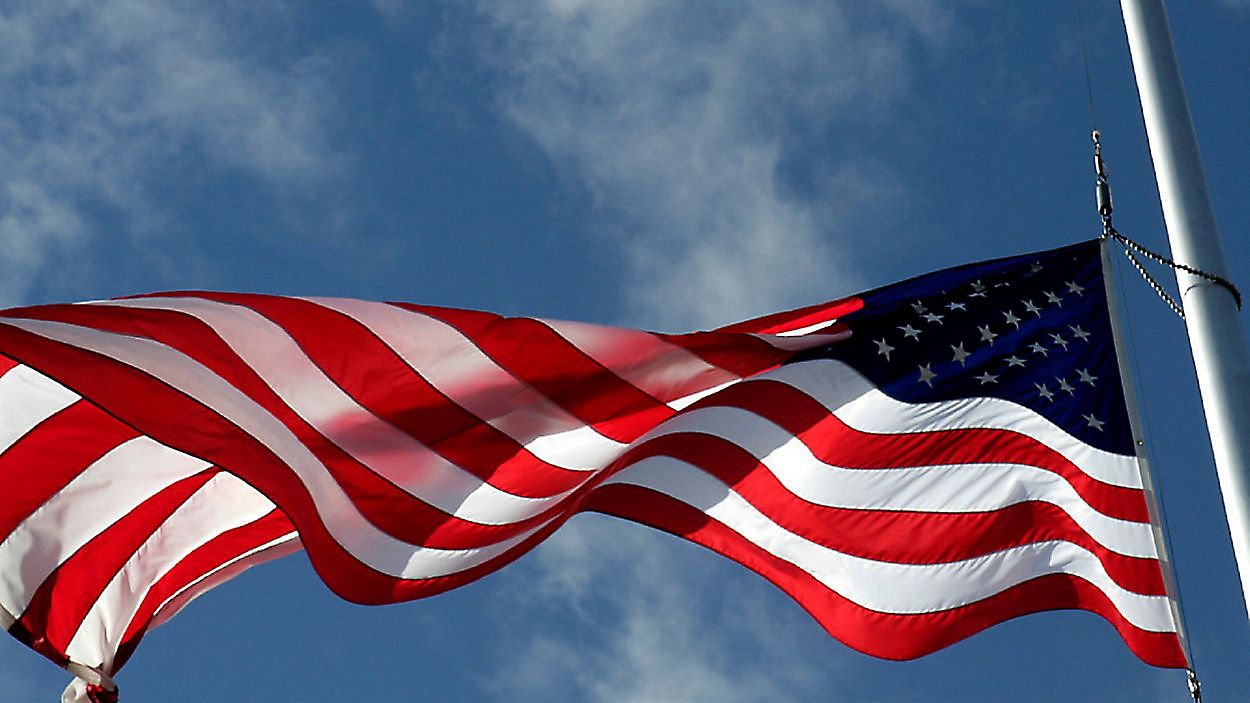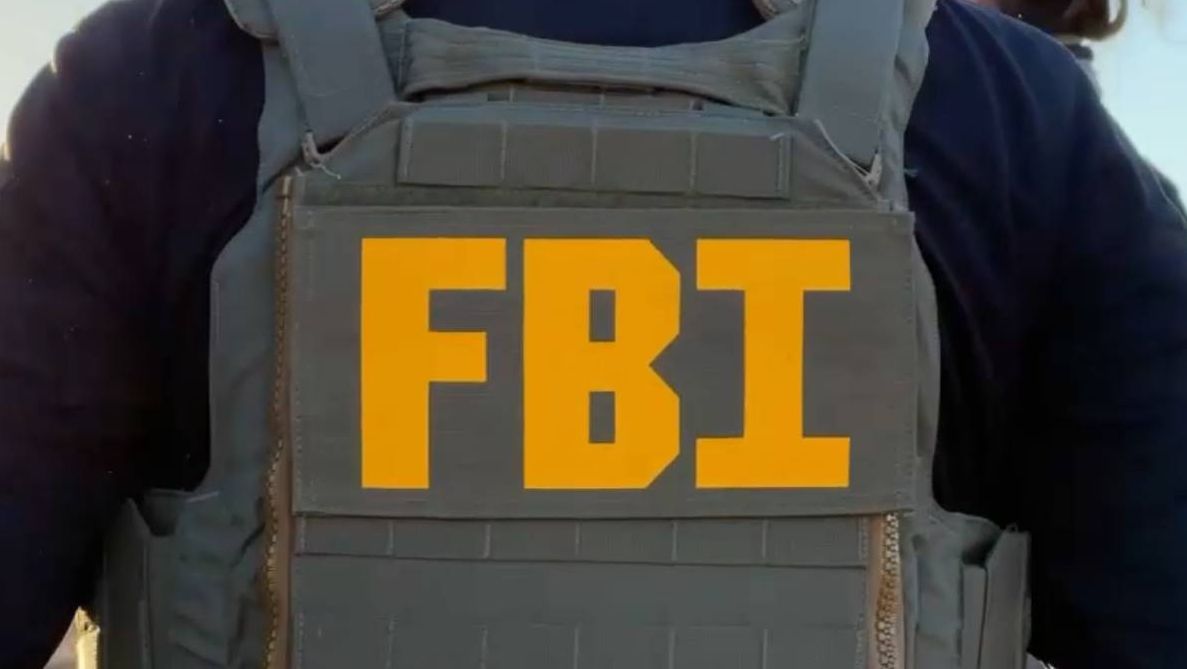COLUMBUS, Ohio — Thursday is the start of Kwanzaa, a week-long celebration of African-American culture and language.
For as long as Valerie Boyer can remember, celebrating Kwanzaa has always been one of her favorite holidays.
“It’s something I was able to grow up in, so yeah my whole life basically, since I can remember,” Boyer said.
She said Kwanzaa has everything you can imagine.
“It’s art and it’s music, and there’s food and spoken word and there’s food and there’s conversations and there’s food… I’m sure you can guess which one is my favorite part of that celebration,” Boyer said.
The holiday revolves around seven Swahili principles like self determination and creativity. People gather to celebrate these principles and reflect on the end of one year and the beginning of another.
“Kwanzaa is Swahili for first fruit, so it’s a time to ground yourself in that stuff so you ground yourself in umoja, which is unity,” Boyer said.
One of Boyer’s favorite traditions is the gift exchange, but she said the gifts represent each principle. And then there’s the lighting of seven candles, one for each day of the celebration.
“Which are the same colors as the pan-african flag, the red green and the black. The red for the blood, the green for the land and the black for the people,” Boyer said.
Another principle in Kwanzaa is cooperative economics, which Boyer remembers learning at a young age.
“We used to play monopoly but instead of using Monopoly money we would be betting cookies, which is a very basic principle way of what it looks like to teach children cooperative economics,” Boyer said.
Boyer said you’ll see a lot of West African and East Ghanaian types of tribal dance… But one of her favorite memories of the celebration is that “aha moment.”
“There’s always some child that you can see what I call the 'aha moment' where whatever is being grounded in and taught for that day they see themselves in it, like this is where I fit in this communal cultural celebration and the educator in me loves when that happens, loves seeing it, when it makes sense,” Boyer said.












